FE Workforce Data Collection
Feedback updated 26 Mar 2020
We asked
For your views on our proposals to improve data on the FE workforce. In particular we wanted to know how plans for a mandatory annual workforce data collection would be received by those within the intended scope of the collection and those who would be responsible for making the data returns.
You said
We were pleased to get a good response covering lots of different voices from the further education sector including providers, sector representatives organisations and individuals working in FE. All comments were considered as part of the review of proposals and reflected in the consultation response.
We did
As a result, we intend to press ahead by introducing a workforce data collection from the 2020/21 academic year, which will be mandatory from the 2021/22 academic year.
A summary of the responses received was included in the full consultation response. The Department will now work with the Education and Skills Funding Agency to prepare for the launch of the collection.
The ESFA will review the impact that Covid-19 disruption has on user-testing and software development. Providers will be informed to what extent this may affect the development timetable. We do not currently expect this to change the requirement for mandatory returns in the 2021/22 academic year.
Overview
This consultation seeks your views on our proposed strategy to improve FE workforce data.
Why your views matter
In summer 2018, the Department for Education (DfE) undertook a Call for Evidence to understand FE sector opinions on the data currently collected in relation to FE workforce, what additional requirements there might be, and how the sector thought this could be achieved.
The feedback we received indicated that the sector places a high value on workforce data. FE providers use data for workforce planning, sector analysis, benchmarking and identifying skills gaps. The Call highlighted the collective effort the sector has made in improving existing collections and the lessons we can learn from this.
This consultation will build on the evidence we have gathered to date by testing our proposed strategy.
Audiences
- Teachers
- Headteachers
- Governors
- Training providers
- Local authorities
- Adult education providers
- Further education colleges
- Sixth form colleges
- Independent specialist colleges
- Designated institutions and 16-19 academies
- 16-18 year old students resident at these institutions
- Unions and representative organisations
Interests
- Statutory policies and guidance
- Pay, conditions and pensions
- Recruitment
- Apprenticeships
- Work based training
- Community learning

Share
Share on Twitter Share on Facebook